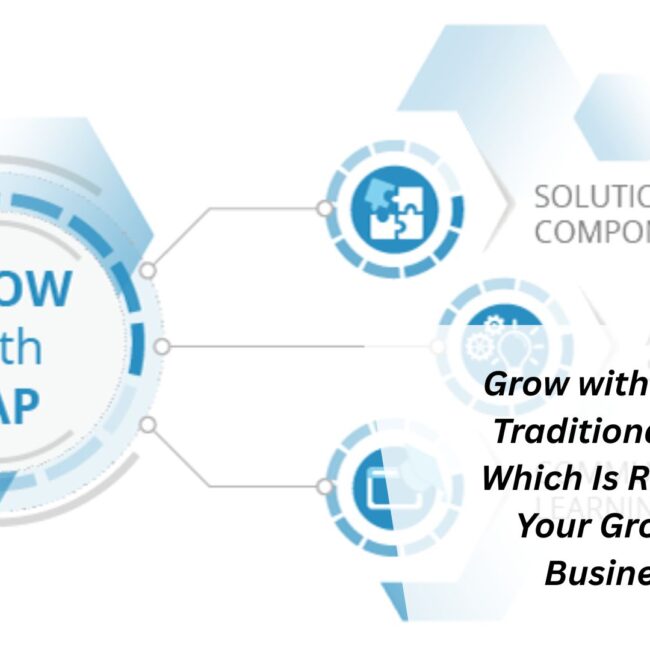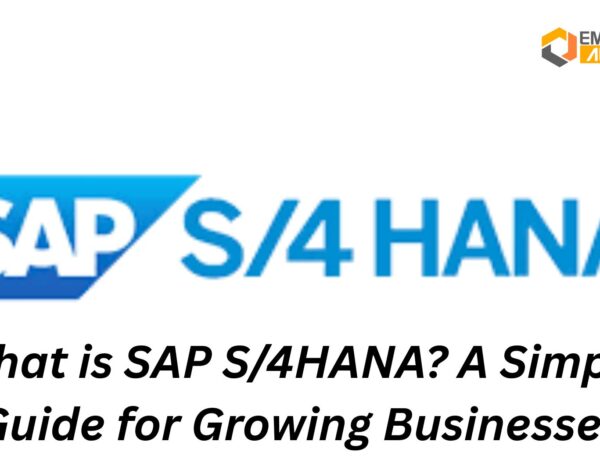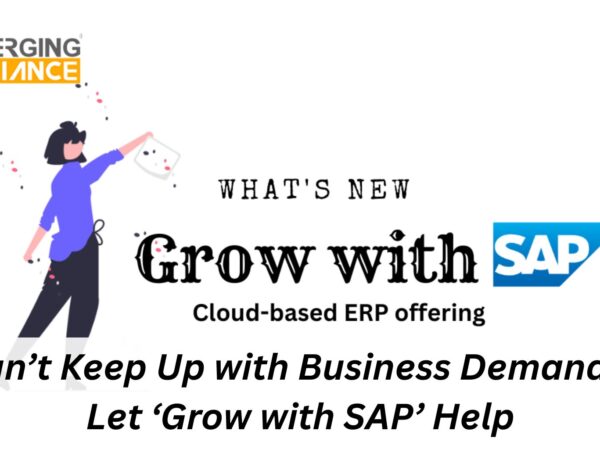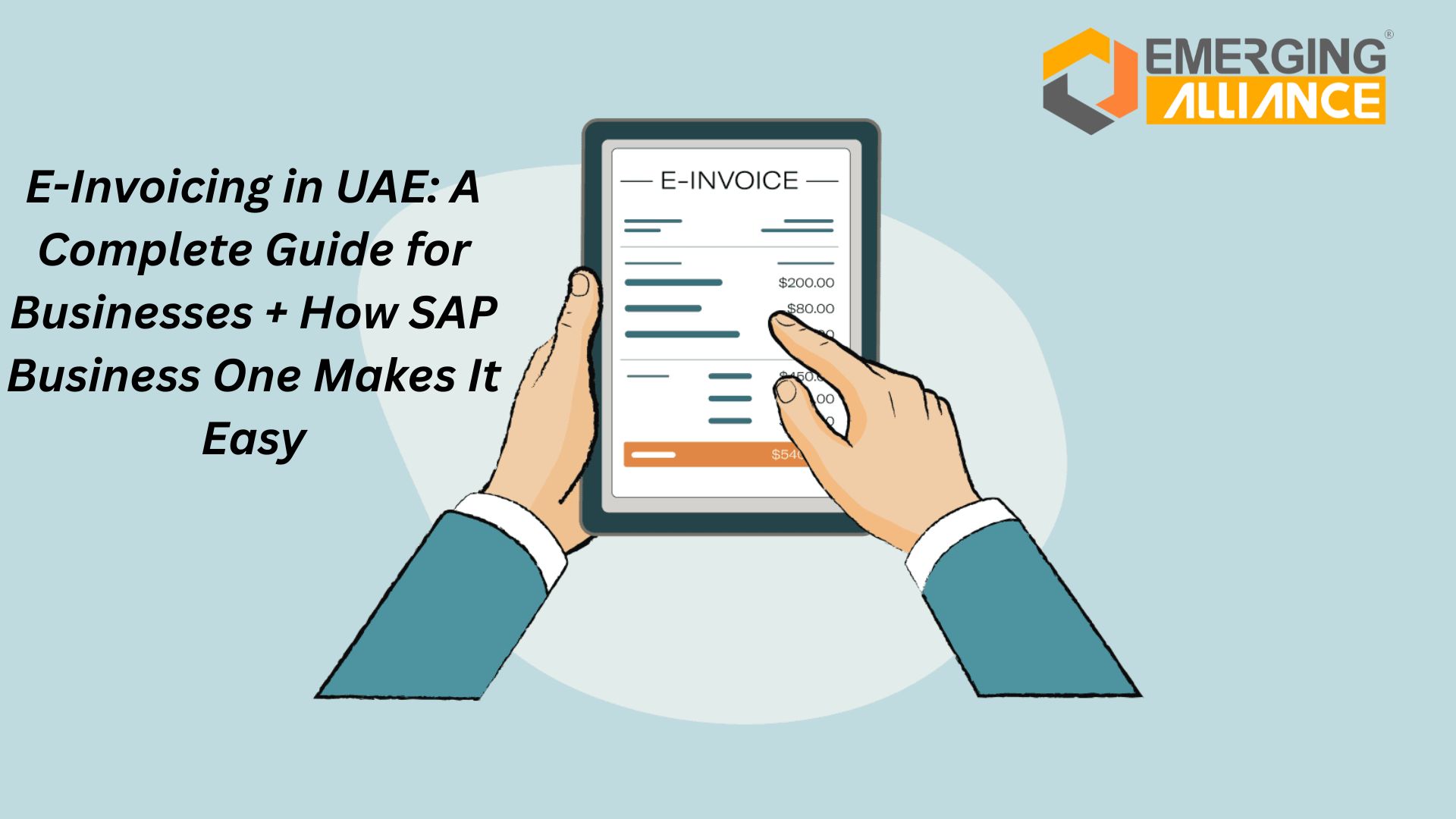
E-Invoicing in UAE: A Complete Guide for Businesses + How SAP Business One Makes It Easy
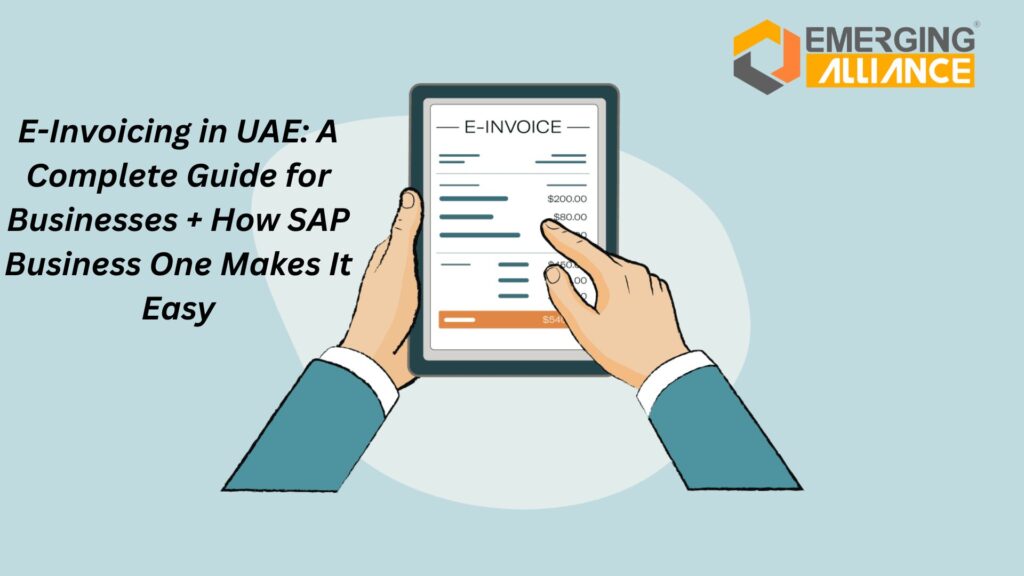
How to Prepare for E-Invoicing and Automate VAT Compliance with SAP B1
The United Arab Emirates (UAE) is stepping into a new digital era with the planned implementation of mandatory e-invoicing for VAT-registered businesses. In line with the UAE ambition to modernize tax systems, enhance transparency, and reduce fraud, this initiative marks a significant step forward.
If you’re a business owner, CFO, or IT manager in the UAE, understanding what e-invoicing means and how to prepare is now a strategic necessity. This blog will break down:
- Regulatory requirements for e-invoicing in the UAE
- Compliance measures businesses must take
- Benefits of e-invoicing
- How SAP Business One can simplify the entire process
Let’s get started.
✅ What is E-Invoicing?
E-invoicing refers to the electronic generation, transmission, and storage of invoices using a government-recognized standard and format. These invoices are verified in real-time by the tax authority to ensure accuracy, validity, and compliance with VAT laws.
🌍 Why UAE is Implementing E-Invoicing
The UAE Federal Tax Authority (FTA) plans to mandate e-invoicing to:
- Combat tax evasion
- Improve VAT compliance
- Enhance economic data collection
- Streamline business processes and reduce paperwork
📋 Regulatory Requirements for E-Invoicing in UAE
Although the final implementation roadmap is still underway (with anticipated rollout starting 2025), businesses should prepare for the following likely compliance structure (similar to Egypt and Saudi Arabia):
1. Standard Format
Invoices must be generated in a structured format such as XML or JSON, aligned with FTA-approved schemas.
2. Real-Time Reporting
Each invoice will be submitted electronically to the FTA via certified e-invoicing platforms for real-time validation.
3. Digital Signature & Authentication
Invoices must be signed using digital certificates to ensure authenticity and prevent tampering.
4. Archiving
Businesses must store electronic invoices for a minimum of 5 years in a secure and accessible format.
🔐 How to Stay Compliant: Action Steps for Businesses
Here’s a quick checklist to get your organization e-invoice ready:
| Step | Action |
|---|---|
| ✅ Review Current ERP/Accounting Software | Ensure it can generate e-invoices in XML/JSON format |
| ✅ Select a Certified E-Invoicing Solution Provider | Integration with government platforms is a must |
| ✅ Implement Digital Signatures | Work with authorized providers to enable secure invoice signing |
| ✅ Train Your Finance Team | Awareness is critical to smooth adoption |
| ✅ Test & Pilot Before Go-Live | Run mock transactions before the mandate begins |
💡 Benefits of E-Invoicing for UAE Businesses
💸 1. Reduced Costs
Save money on paper, printing, courier services, and manual processes.
⚙️ 2. Faster Payments
Automated processing means quicker approvals, delivery, and payments.
🎯 3. Improved Accuracy
Eliminates human error and reduces the risk of invoice rejections.
🔍 4. Greater Transparency
Real-time data gives businesses better control over transactions and audit trails.
🌐 5. Easier Cross-Border Compliance
Easier alignment with international e-invoicing standards, helping exporters/importers.
🚀 How SAP Business One Streamlines E-Invoicing in the UAE
SAP Business One is an intelligent ERP platform designed specifically for SMEs—making it ideal for managing your e-invoicing requirements.
Here’s how it helps:
1. Automated Invoice Creation
- Generates VAT-compliant invoices in XML/JSON automatically
- Supports Peppol and other global formats
2. FTA Integration
- Can be connected to FTA via certified API or ASP platforms for real-time validation
3. Digital Signature Integration
- SAP B1 supports plug-ins for digital certificates and security layers
4. Error-Free Validation
- Built-in error-checking ensures that invoices meet FTA standards before submission
5. Cloud-Based Archiving
- Store all electronic invoices securely in SAP’s cloud or hybrid infrastructure, with easy search and retrieval
📌 Real-Life Example: Trading Company in Dubai
Problem: A mid-sized electronics distributor faced delays and penalties due to VAT errors in manual invoicing.
Solution: They implemented SAP Business One, which auto-generates and sends e-invoices directly to FTA using XML format and validates them in real-time.
Outcome:
- 90% reduction in VAT errors
- Invoice approval time dropped from 2 days to a few minutes
- Zero penalties post-implementation
🧠 Best Practices for Smooth Implementation
- Start early adoption before the mandate hits
- Work with certified SAP B1 implementation partners in the UAE
- Choose scalable deployment: cloud, on-premise, or hybrid
- Create internal SOPs for invoice workflows
- Monitor regulatory updates from the FTA regularly
🔍 Frequently Asked Questions (FAQ)
Q1. When will e-invoicing become mandatory in the UAE?
The UAE is expected to roll out e-invoicing mandates for VAT-registered businesses starting in 2026. A phased approach may be adopted similar to other Gulf countries.
Q2. Which types of businesses need to comply with e-invoicing?
Initially, all VAT-registered businesses engaged in B2B and B2G transactions will be required to comply.
Q3. What format should e-invoices be submitted in?
Invoices must follow structured formats such as XML or JSON, and conform to FTA-approved standards (likely Peppol or similar).
Q4. What happens if my invoice is rejected by the FTA?
You’ll receive error messages from your e-invoicing system or ASP. Corrections must be made and the invoice resubmitted promptly to stay compliant.
Q5. How can SAP Business One help with e-invoicing in the UAE?
SAP B1 automates invoice creation, validates formats, integrates with FTA portals, adds digital signatures, and securely archives documents—streamlining full compliance.
📝 Final Thoughts
E-invoicing in the UAE is not just a regulatory requirement—it’s a business opportunity to go fully digital. With the right ERP system like SAP Business One, you can automate invoicing, improve compliance, and drive operational excellence.
Ready to make your business e-invoice compliant?
📩 Contact Emerging Alliance, a certified SAP Business One partner in UAE, for a free readiness assessment.



